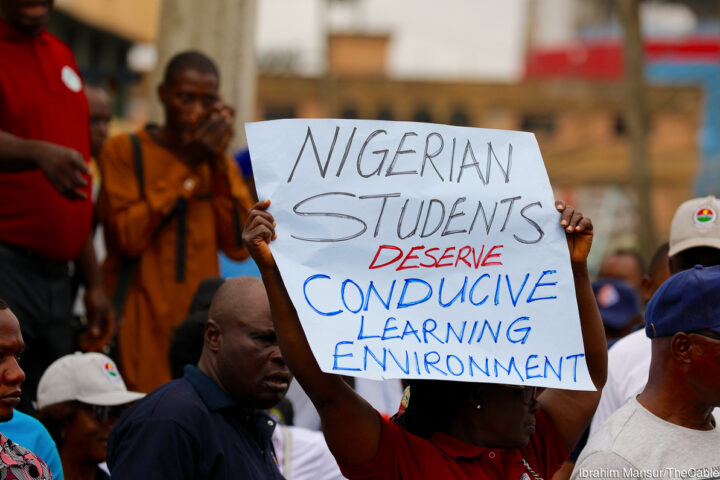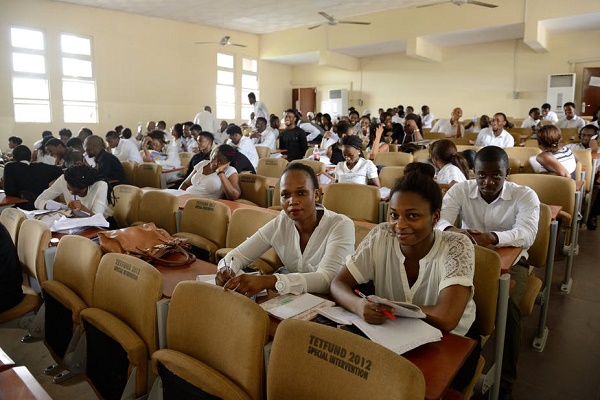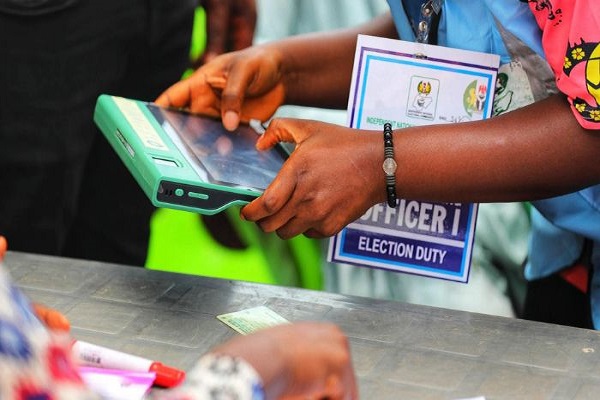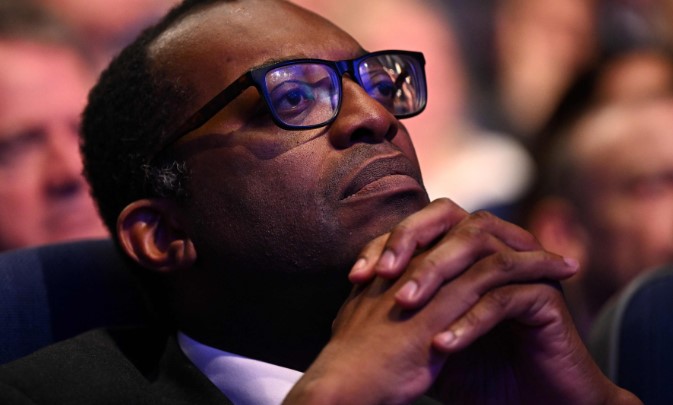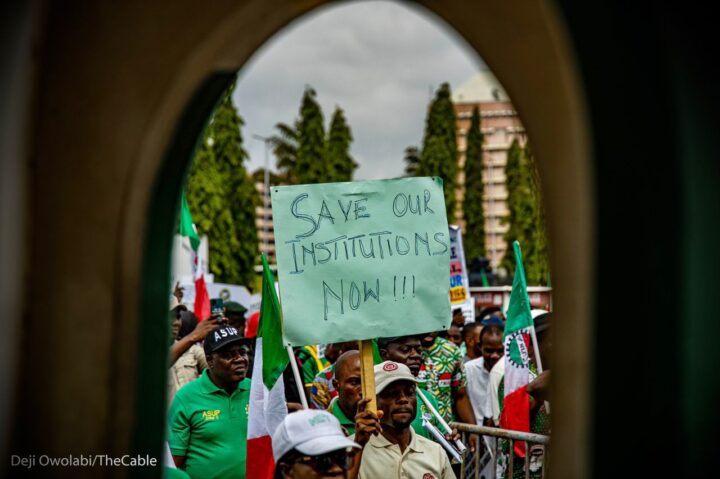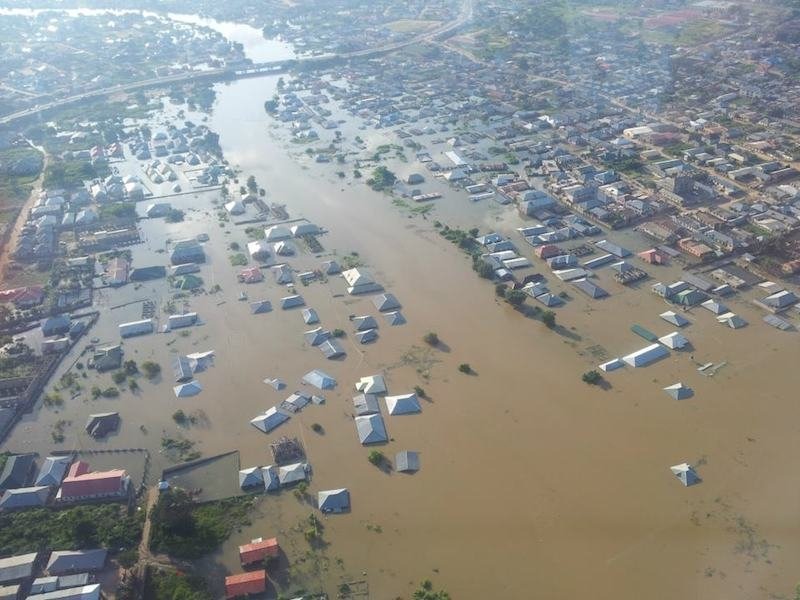In the Nigerian educational sector, nothing is as perennial as workers’ (in this case, academic workers’) strikes, especially, at the tertiary level. The Academic Staff Union of Universities (ASUU) just called off an eight-month-long strike following a series of stalemated negotiations between the union, led by its president, Professor Emmanuel Osodeke. The suspension, I learnt, is conditional, after the National Industrial Court and the Appeal Court have ordered the lecturers to unconditionally return to the classroom.
I happen to be one of the privileged few Nigerians who went through university education in the country, in recent decades without experiencing an obstruction of the academic calendar occasioned by incessant strikes usually embarked upon by ASUU. I started and completed my four academic sessions within a little over three-and-a-half calendar years. It was that smooth, not because the system was perfect or was well-funded. In case you do not know or I sound like an ancestor, I am talking about early this century. So, do not think I was among those who ate federal government food or received a bursary or any form of scholarship. The academic calendar, during my years, was uninterrupted then because those were the years when ASUU was proscribed in my school – “the Better By Far, University of Ilorin”. But I learnt the school’s chapter of ASUU is now resuscitated and back in the fold at the national level. So, they now join whenever ASUU at the national level goes on strike.
I do not envy students of Nigerian universities of nowadays, especially, the federal government-owned ones. Being a university student has always been, is still, and will continue to be a source of pride to parents and, at least, one’s relatives. But it becomes a source of shame (to the Nigerian government) and pain for parents who have to toil day and night to raise school fees and other needs like textbooks, accommodation, feeding, clothing, etc. with the hope that such a burden would become a blessing by the time their wards graduate and get a “good job” to take care of them (the ageing parents) when the bones become arthritic.
As a matter of fact, some parents see investment in their children’s education as a kind of retirement plan against the imminent days of weaker limbs when they would no longer be able to work and earn money to support themselves. In fact, in the olden days, a child becomes a “promissory note” once he is in the penultimate year of university. At that level, neighbours, friends, relatives, business associates etc. are no longer afraid to lend the parents money because they know the parents are acting “big men and women”, waiting to be confirmed by the time the children graduate. That was when Nigeria was still kind to its youths. When jobs were waiting for graduates and not now that graduates search for what they have not misplaced in the name of job-hunting. But it must be clear, however, that even as difficult as things are in terms of getting a job, graduates still stand brighter chances of getting those seemingly non-existent jobs than those who did not go to school.
Advertisement
One of the major reasons ASUU claims to embark on strike is that, in their estimation and to many right-thinking citizens of the 21st century, the Nigerian university system is grossly underfunded, thereby, reducing the quality of graduates being produced year in, and year out. They, therefore, want the government to pump more money into the system with a view to revitalising it and making learning possible in a much more conducive environment than we currently have. The government, on the other hand, is saying; “look, we do not have the kind of money you people are requesting and may not be able to make the same available”. The government’s reason is that there is a paucity of funds. Meanwhile, according to the striking university dons, the issue of paucity of funds does not affect the extravagant lifestyles of the politicians; how come? Is it too much to sacrifice for the future of the country, part of which the students represent? Rather than empathise with the masses, they’d rather send their children to Ivy League universities in Europe and America, and isolate themselves from the reality of the humongous rot in the system. That, according to ASUU, is why the politicians have chosen to neglect public schools, especially the universities.
Lest we forget, the agreement ASUU hinges its current position on was signed way back in 2009 by the administration of the late Umaru Musa Yar’Adua but never honoured. The agreement reached at the negotiations in 2009 included conditions of service for university lecturers, funding of universities, university autonomy and academic freedom between the federal government team led by the then pro-chancellor of the University of Ibadan, Gamaliel Onisode, and the ASUU team led by its then president, Abdullahi Sule-Kano. Part of the agreement dwelt on funding of universities, where both parties agreed that each federal university should get at least ₦1.5 trillion between 2009 and 2011.
Those who view the issue from the prism of politics would argue that the agreement was not signed by the current administration, and therefore, nobody should hold them responsible. They seem to have forgotten that the government is a continuum and that whatever agreement an administration enters into would be binding on its successor unless renegotiated with the concerned party. But whether binding or not, the bottom line is that the government claims it can no longer fund the universities it created by itself. Yet, every senator, minister and other individuals who find himself on the corridor of power from the national assembly to the state secretariat and state house wants a university in his father’s compound. Even, the president is not left out. A new university (University of Transportation) is now sited in his country home, Daura in Katsina state, apart from the (regular) Federal University Dutsin-ma, also in the State. The number of bills proposing the establishment of one or more kinds of a university in line for consideration at the national assembly, speaks to that.
Advertisement
Since the issue has been on, nobody seems to be bothered about getting a permanent, or at least, a long-term solution to the perennial problem of funding in those universities. All they do is mere cosmetics. And it is that cosmetic approach that has kept the issue lingering for over four decades now. It is unfortunate that the university teachers are not looking for ways of sourcing funds themselves to run the universities outside the monthly subvention from the government. The best some of them have ever come up with is to establish bottled or packaged water (popularly known as pure water) factories.
Meanwhile, most of them attended or visit universities in the Western world where the system is self-sustaining, devoid of government funding, to a very large extent. Oxford, Cambridge, Harvard, Yale, and other Ivy League universities are run using majorly endowment funds and commercial proceeds from academic research in addition to the tuition fees being charged. A very close example is in South Africa where we have the money-spinning DSTV, a product of academic research, serving as a stream of revenue for the university that invented it through research.
Some experts have suggested, as a way forward, that the universities be left to charge tuition fees and source for additional funds from other avenues like endowment funds, partnership with multinational companies in the areas of research and development etc., to complement it while the federal government hands off. But in order not to take university education beyond the reach of the poor in society, they advised that student loan schemes should be made available for those who are indigent. And if you ask me, I say, that is the way to go at this critical juncture.
A friend once suggested on social media that ability to raise or attract funding of not less than ₦20 billion, using social contacts, should be made a part of the criteria to be considered during the recruitment and selection process of the vice-chancellor of any university in Nigeria. It might sound somehow, but I think it is a part of charisma that would be helpful for anybody who wishes to be a leader at that level. It is not relevant how or from where the money comes. The idea of the federal government continuing to fund the universities whose establishments were not need-based is acutely unsustainable, especially in the face of dwindling government revenue and mounting infrastructural deficit that is hampering the country’s economic productivity.
Advertisement
Until that is sorted, the very real fear of; “when is the next ASUU strike commencing?” will continue to hang in the air, like a dark cloud in the sky.
Abubakar writes from Ilorin. He can be reached via 08051388285 or [email protected]
Views expressed by contributors are strictly personal and not of TheCable.
Add a comment

